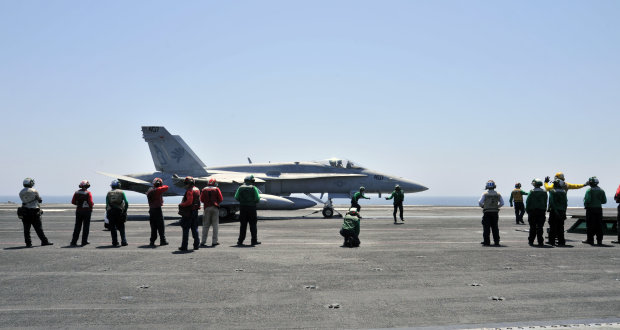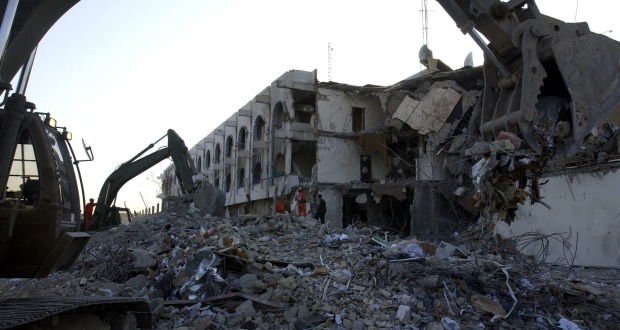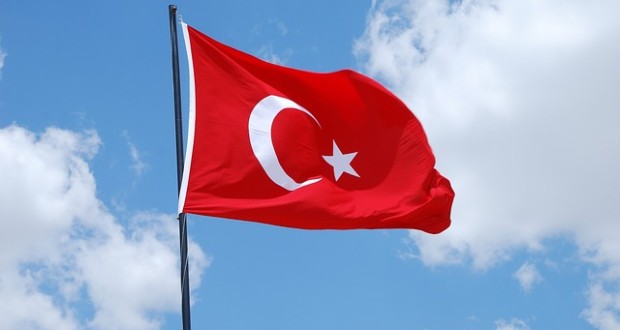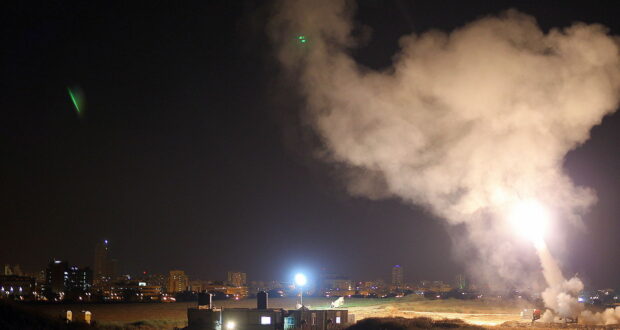The Somali terrorist organisation, al-Shabaab, have not been having a very good month. Firstly, they have been suffering a string of defeats in their conflict with the Somali government and African Union forces, capitulating and allowing key towns to be captured with little in the way of resistance.
Read More »Middle East and North Africa
The Risks of Obama’s New ISIS Plan
On Wednesday, the US House of Representatives backed plans proposed by President Obama to curtail the threat posed by ISIS (also known as ISIL or the “Islamic State”).
Read More »Answering the Big Questions: The Month Following the 2014 NATO Summit
The 2014 North Atlantic Treaty Organisation summit in Wales was billed as arguably the most important for the alliance following the Cold War. Against a backdrop of tension in Ukraine and unrelenting chaos in the Middle East, the stakes are both immediate and long-term.
Read More »‘No fly’ and ‘no-drive’ zones to become a long-term reality in northeastern Syria?
The United States has expanded its operations against the Islamic State forces operating from northeastern Syria. They are leading a multinational coalition which is using air power to target installations of importance to that group. From the get go the Obama administration has been clear that these operations are not coordinated with the Assad regime in Damascus and has reiterated its adamance that they will never co-ordinate or cooperate with Mr. Assad given his crimes against the Syrian people.
Read More »Responding to terror-related kidnapping: a torn Western reaction
In the past month, two American journalists, James Foley and Steven Sotloff, and one British aid worker, David Haines, were beheaded by the Islamic State (IS), bringing to the public fore the question of kidnapping for ransom (KFR). Terror-related KFR is a worrying, growing and increasingly violent trend that raises a difficult dilemma to governments: should states, businesses and families comply with terrorist groups in order to save the lives of the kidnapped, or should these men be left behind in order to fight against terrorism? What remains certain is that the payment of ransom will continue to help financially and ideologically sustain terror groups.
Read More »Israel-Turkey relations: Another casualty of the Gaza war?
Turkey was once one of Israel’s strongest allies in the region, though that, of course, does not necessarily mean much. Since 2010, however, and the much discussed, usually misunderstood and widely condemned Israeli action on the Mavi Marmara which saw 9 Turkish citizens killed, Turkey and Israel have not had diplomatic relations, despite a well-publicised apology and other efforts made.[1] With the latest escalation in Gaza between Israel and Hamas, diplomatic relations seem as far away as they ever have been.
Read More »Turkey’s Neo-Ottomanism: Engaging The Pivitol Middle-Power
On August 10th, 2014, Turkish Prime Minister Recep Tayyip Erdogan of the Justice Party and Development Party (AK) made history by winning Turkey’s first-ever direct election for President[1]. The victory capped off a tumultuous third term as Prime Minister which saw Erdogan feud with the judiciary, accuse top military brass of treason, and preside over the violent suppression of peaceful protests[2].
Read More »Egypt: Israel’s unlikely new ally
By Raphael Levy, Research Assistant 15th August 2014, Security and Defence, Issue 3, No. 6. Download as PDF. Escalations in the Israeli-Palestinian conflict are, unfortunately, nothing new. Estimations at the time of writing are that almost 2000 Palestinians (figures for civilians ...
Read More »Israel and Gaza: an uneasy truce
By Raphael Levy 13th August 2014, Security and Defence, Issue 3, No. 5 Download as PDF Ceasefires between Israel and Hamas are always best described as uneasy. They are invariably broken almost instantly, often by rocket fire from any of ...
Read More »Guest Article: The international community’s responsibility towards world heritage sites
Guest contributor: Paul Iddon 13th August 2014 UNESCO presently lists 779 cultural heritage sites in this world of ours. Out of these it deems 27 to be in danger. Unsurprisingly most of these heritage sites are located in the Middle East. Many ...
Read More » Human Security Centre Human Rights and International Security Research
Human Security Centre Human Rights and International Security Research




